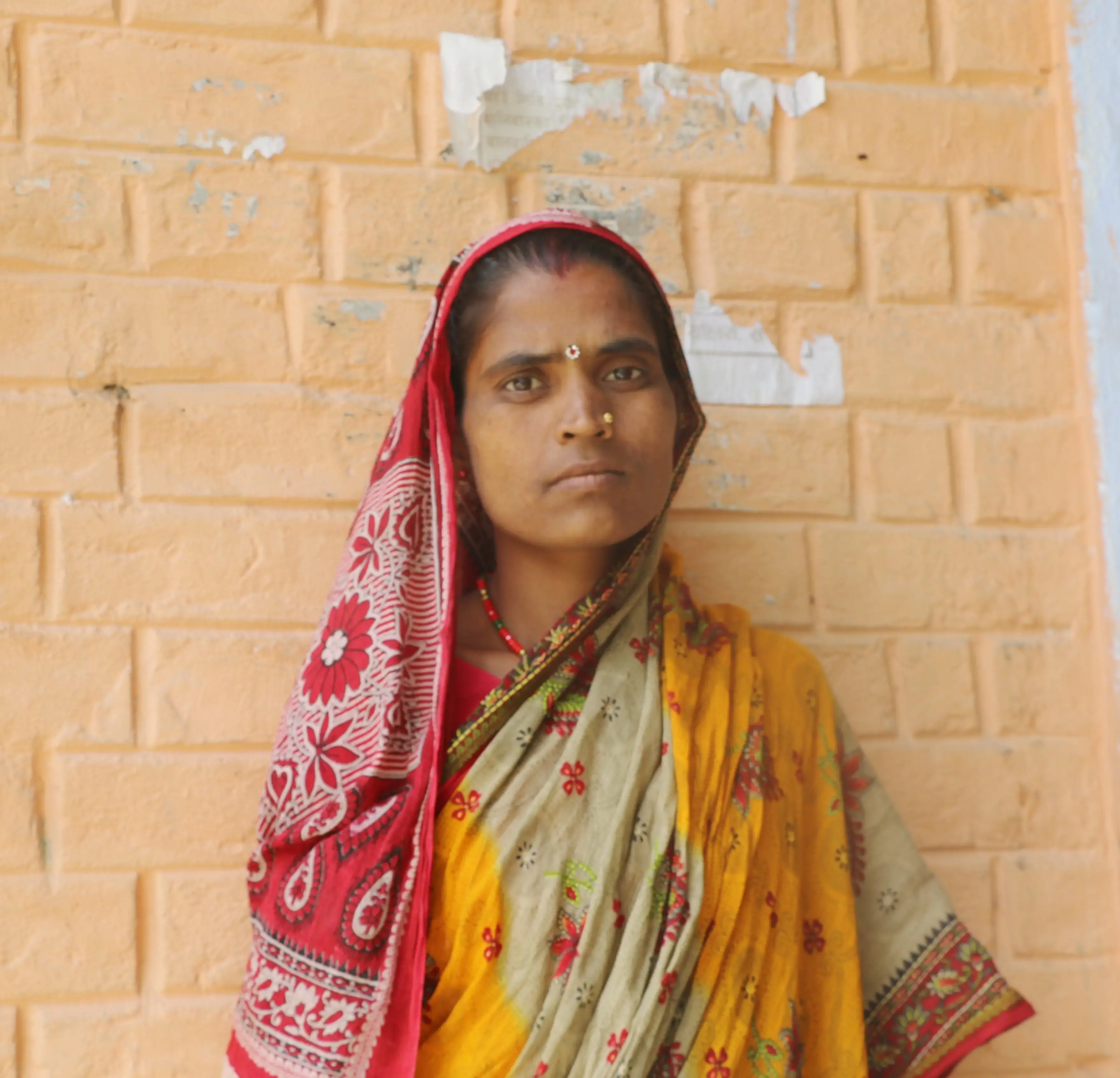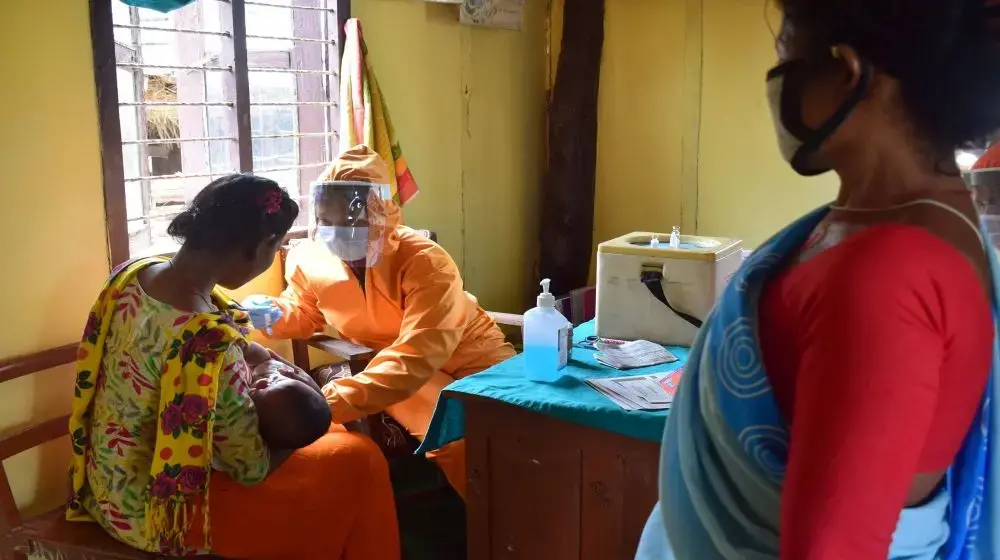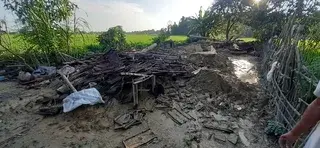Obstetric fistula is one of the most serious and tragic injuries that can occur during childbirth. The condition typically leaves women incontinent, as well as subject to infections or other health conditions. Women with fistula are often shunned by their communities.
Yet the condition is almost entirely preventable. Its persistence is a sign of global inequality and an indication that health systems are failing to protect the health and human rights of the poorest and most vulnerable women and girls.
Those without access to modern maternal health services are more likely to suffer from obstetric fistula, for example. And girls who are subjected to child marriage and adolescent pregnancy are also more vulnerable, since the condition is more likely to afflict those who become pregnant while still physically immature.
The United Nations has observed the International Day to End Obstetric Fistula since 2013. The day, 23 May, is meant to raise awareness of this issue and mobilize support around the globe. The theme of this year's International Day is "Leaving no one behind: Let us commit to ending fistula now!"
Obstetric Fistula in Nepal
Nepal has made significant progress in improving sexual and reproductive health and advancing reproductive rights of women and girls. But many women, especially the poor and vulnerable, still lack access to quality sexual and reproductive health information and services, including life-saving emergency obstetric care, leading to chronic debilitating morbidities such as obstetric fistula. According to the Need Assessment Report, carried out by the Ministry of Health and UNFPA in 2011, an estimated 200-400 Nepali women suffer from obstetric fistula every year.
To prevent and end obstetric fistula, it is important to discourage child marriage and adolescent pregnancy, educate women about their reproductive rights, increase access to various choices of contraceptives, promote regular antenatal check-up and institutional delivery by skilled birth attendants, and timely referral for management of life-threatening complications.
In 2003, a global campaign to end obstetric fistula was launched by UNFPA together with a wide range of partners, with the goal of making obstetric fistula as rare in developing countries as it is in the industrialized world. The campaign is now active in over 50 countries, including in Nepal. Obstetric fistula was not officially recognized in Nepal until the campaign was launched in the country in 2010.
Advocacy and awareness raising:
The campaign has helped recognize obstetric fistula as a public health issue in Nepal. As a result of continued advocacy, the National Health Sector Strategy 2016-2021 has incorporated obstetric fistula screening in the free basic health care package at all levels of health facilities. UNFPA has also been working with the Ministry of Health and Population and relevant partners to raise awareness of obstetric fistula.
Providing free treatment:
UNFPA has been providing free treatment (surgeries) to women suffering from obstetric fistula in selected fistula treatment and referral sites in Nepal. To enable provision of quality services and improve the quality of care, UNFPA has been providing medical equipment and supplies (including fistula kits) to obstetric fistula service sites.
Strengthening the capacity of service providers:
UNFPA is supporting the capacity building of service providers through various workshops, training and hands-on practicum through national and international experts. In partnership with JHPIEGO, UNFPA supported the development of an on-the-job competency-based surgical training manual on obstetric fistula, adapted from the FIGO/UNFPA Obstetric Fistula Manual. The BP Koirala Institute of Health Sciences, a teaching university in eastern Nepal, has been developed as an obstetric fistula training site by the National Health Training Center with UNFPA support.





